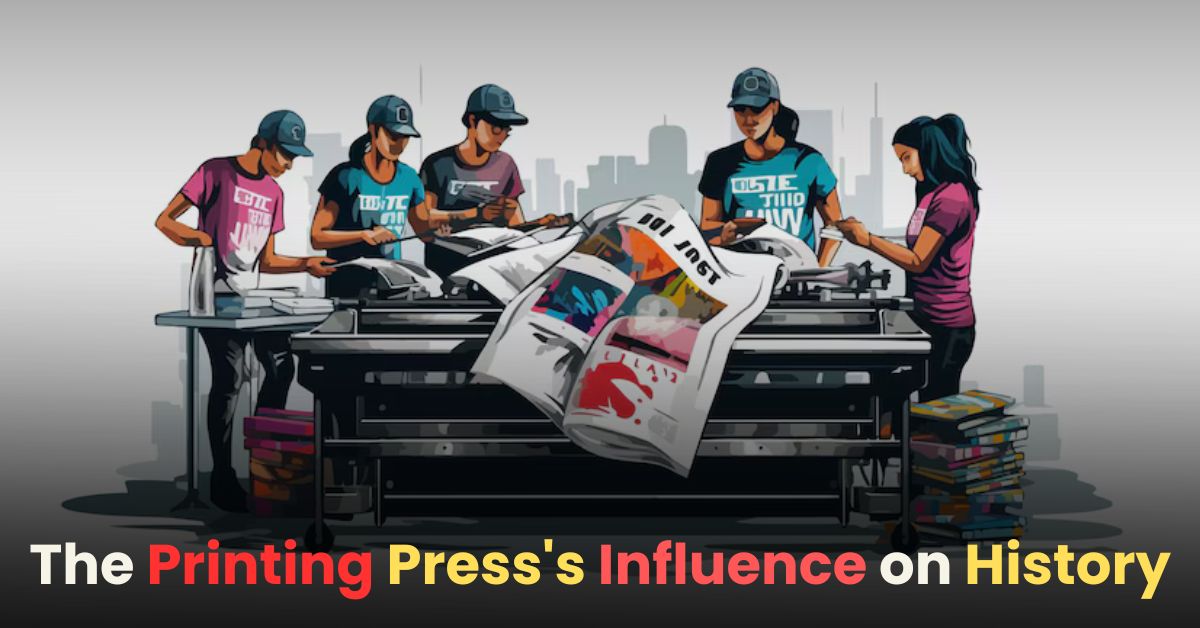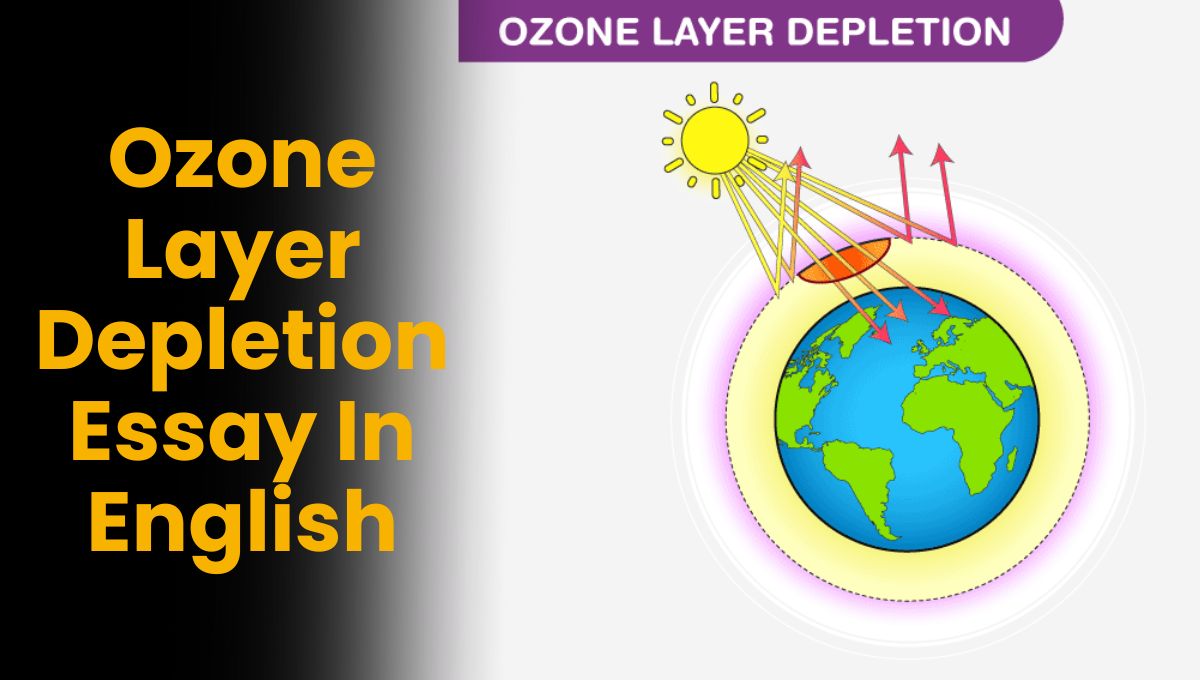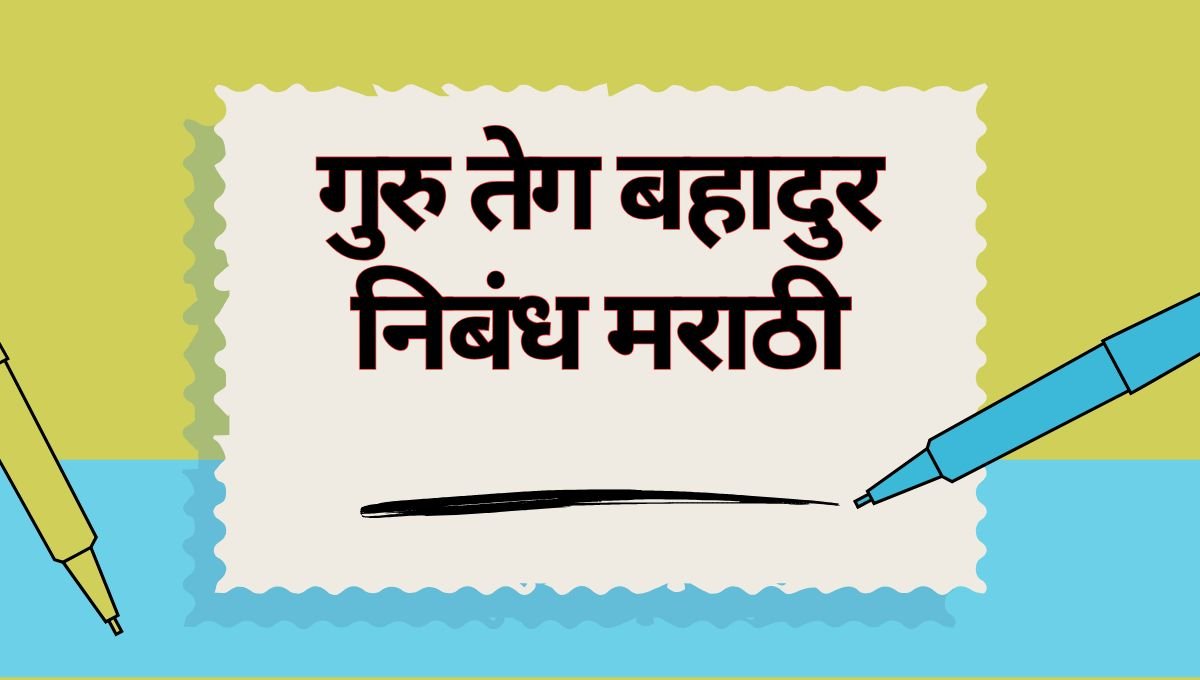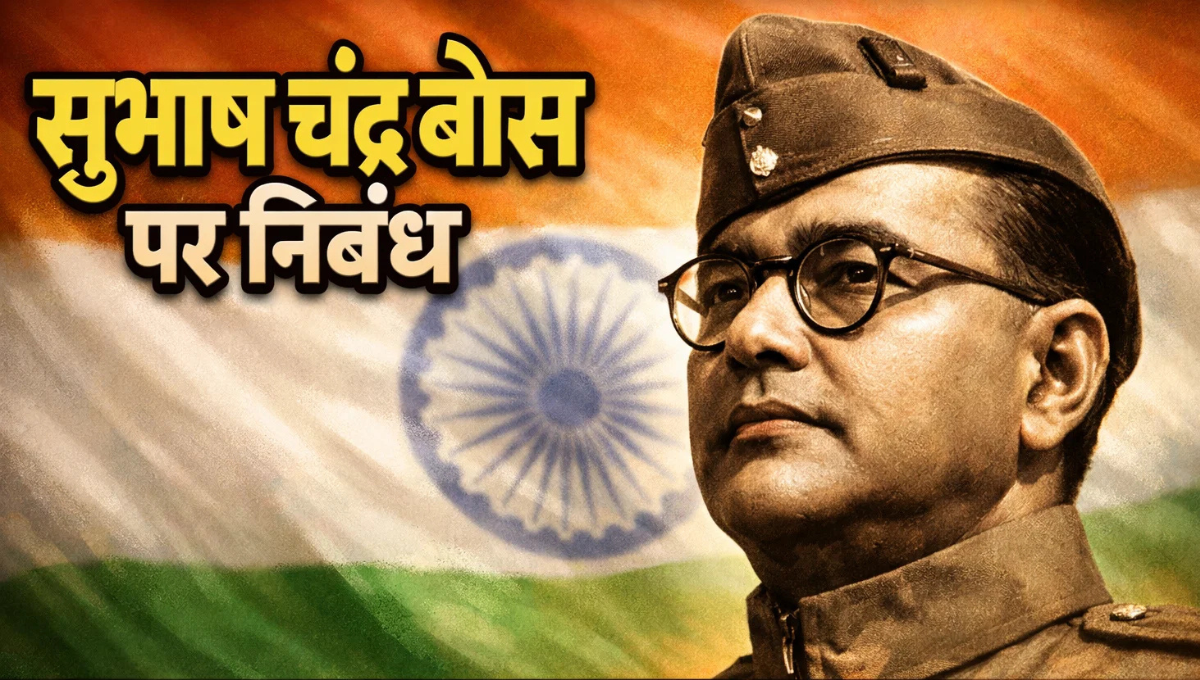Good morning, respected teachers, honored guests, and my dear friends.
The Printing Press’s Influence on History Speech: Today, I stand before you to talk about a single invention that changed the course of human history the printing press. It might not seem extraordinary to us now, in an age of instant information and digital screens, but imagine a world where knowledge was held only by the privileged few. Before the printing press, books were painstakingly handwritten, one by one. They were expensive, rare, and reserved mostly for the elite or the church. But all of this changed with one powerful invention.
The Printing Press’s Influence on History Speech
In the 15th century, a man named Johannes Gutenberg revolutionized the world by inventing the printing press. This invention was more than just a machine; it was a gateway to knowledge for people across all walks of life. Suddenly, books could be printed and shared widely and rapidly. Ideas no longer stayed locked away but began to flow freely. The printing press turned a trickle of knowledge into a flood.
Think about it: for the first time, people were reading the same books, sharing the same ideas, and expanding their horizons. Gutenberg’s press allowed scholars to share their research, writers to publish their thoughts, and reformers to question norms. One of the most significant outcomes of the printing press was the spread of education. More books led to more schools and universities, and eventually, even common people could learn to read and write.
Imagine the impact this had. People who were once silent now had voices. Scientists could share their discoveries. Religious texts like the Bible became accessible to ordinary people, leading to movements like the Protestant Reformation. These changes created a more connected world, sparking debates, discussions, and a thirst for truth that never existed before. Without the printing press, the Renaissance, the Enlightenment, and perhaps even our modern world as we know it might not have happened.
In today’s world, where we have access to libraries, the internet, and endless sources of information, it’s easy to forget that this all started with Gutenberg’s invention. The printing press empowered people to think independently, to question, to dream, and to challenge. It gave rise to newspapers, scientific journals, literature, and even democracy.
As students, we are the beneficiaries of this incredible history. The books we read, the knowledge we gain, the voices we hear from across the centuries all of it was made possible because one man dared to imagine a world where knowledge was shared, not hoarded. So, let us not take this privilege for granted.
Let’s appreciate the gift of learning and the power of ideas, because history shows us that a single invention, one vision, can change everything.
Thank you.
The Causes and Effects of World War II and I Speech in English
FAQs: The Printing Press’s Influence on History Speech
1. Why is the printing press so important?
The printing press changed history by making books affordable and knowledge accessible to everyone, sparking revolutions in education, science, and society.
2. Who invented the printing press?
Johannes Gutenberg, a German inventor, created the first printing press in the 15th century, forever changing how information was shared.
3. How did the printing press impact education?
It made books widely available, leading to more schools and opportunities for people to learn, think, and grow like never before.
4. Did the printing press affect religion?
Yes, it allowed religious texts like the Bible to be printed, letting ordinary people read them and sparking movements like the Protestant Reformation.
5. What would the world be like without the printing press?
Without it, ideas might have stayed locked away, knowledge would be rare, and we would likely live in a very different, less informed world.
6. How did the printing press change communication?
It made mass communication possible for the first time, allowing ideas to travel faster and connect people worldwide, fostering a more united society.
7. Why should we care about the printing press today?
It reminds us of the power of knowledge and how one invention can change everything, inspiring us to value learning and sharing ideas.
8. Is the printing press still relevant today?
Absolutely! It laid the foundation for our modern world, enabling the spread of information that still drives innovation, education, and freedom of thought.

















12 thoughts on “The Printing Press’s Influence on History Speech in English”